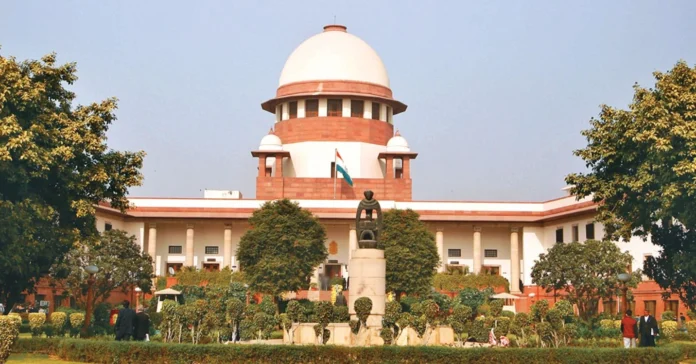The Supreme Court’s recent assertion that the moment has arrived to decriminalize defamation cannot be dismissed as a casual aside in proceedings concerning The Wire; it stands instead as a resounding summons to dismantle a legal relic that continues to burden Indian democracy. Criminal defamation, a vestige of colonial rule crafted to shield those in power from public scrutiny, has been inexplicably preserved in independent India, despite its fundamental discord with the constitutional promise of free expression.
Its very existence serves as a tool of intimidation, allowing powerful individuals and institutions to muzzle dissent, throttle investigative journalism, and discourage ordinary citizens from speaking truth to power. The moment has arrived for India to shed this relic and recognize that reputation can and must be safeguarded through civil remedies, not the threat of imprisonment.
The controversy that triggered this debate is instructive. In 2016, Jawaharlal Nehru University professor Amita Singh filed a defamation complaint against The Wire, objecting to a report alleging her role in drafting a dossier that painted the university as a hub of separatism, terrorism, and moral decay. What should have been an issue of contested facts and civil liability soon snowballed into criminal proceedings, with summons being issued, quashed, reissued, and upheld across multiple courts.
For nearly a decade, the case has dragged on, consuming judicial time and resources, and leaving the accused entangled in endless procedural knots. This saga demonstrates the true character of criminal defamation: not as a means of justice, but as a punishment in itself, where the process becomes the penalty.
At the heart of the issue lies the contradiction between a democracy’s promise of free expression and its simultaneous insistence on treating criticism as a potential crime. The very essence of democracy is the capacity to question authority, expose wrongdoing, and challenge dominant narratives. Yet when laws empower complainants to wield criminal charges against critics, the effect is chilling. Journalists hesitate to publish hard truths, academics temper their scholarship, and citizens learn to self-censor in fear of prosecution. This is not the flourishing of free speech envisioned by the framers of the Constitution; it is a democracy held hostage by insecurity and thin-skinned authority.
Defenders of criminal defamation argue that reputation is a fundamental right, deserving of stringent protection. No one disputes the sanctity of individual dignity, but the question is whether imprisonment is a proportionate or necessary safeguard. Civil law offers ample recourse: damages can be awarded, apologies can be mandated, and reputations can be restored without criminalizing speech.
The insistence on retaining penal provisions reflects not a concern for dignity, but a desire for control. It is no coincidence that criminal defamation cases are most often filed by the powerful, who use the machinery of the state to silence those who lack the resources to fight prolonged legal battles.
By questioning the very legitimacy of criminal defamation, the Supreme Court has opened a door to much-needed reform. India stands out as one of the few democracies where speech critical of individuals or institutions can still lead to criminal conviction.
Countries across the globe have recognized that reputation, while important, must yield to the higher principle of liberty when criminal law is involved. If India is to claim its place as the world’s largest democracy in more than name, it must align its laws with this principle. The path forward is clear: defamation should be treated solely as a civil wrong, with remedies that repair harm rather than repress speech.


